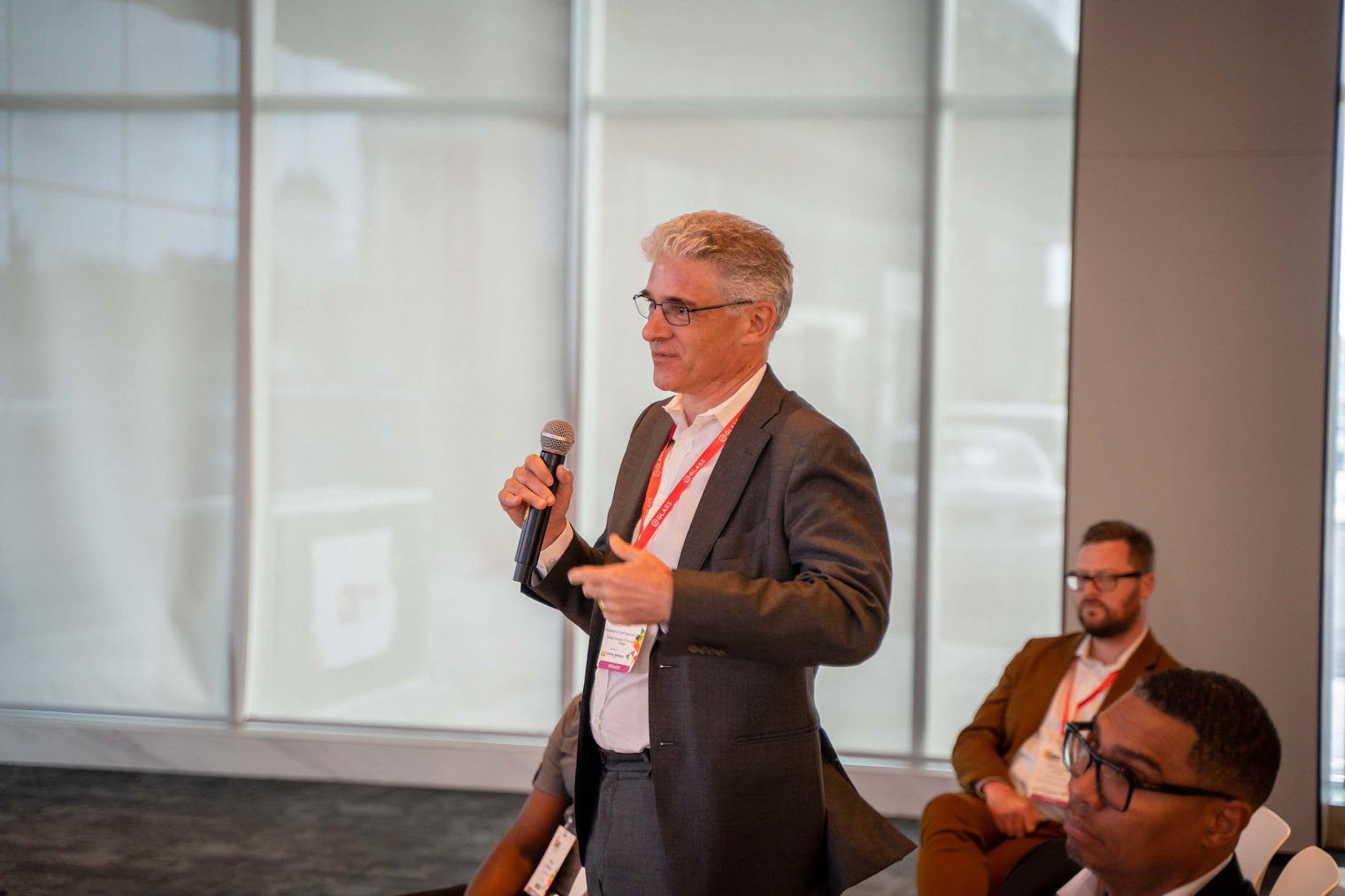By Dr. Dax Driver – OilNOW
I really enjoyed my visit to Guyana this week to attend the Guyana Basin Summit. It was great to catch-up with old friends and colleagues and to make many new contacts as well. This was my first visit since the pandemic and it’s really encouraging to see the progress that has been made in the past few years, with lots of stories of productive new business relationships between Trinidadian and Guyanese companies, and with many Surinamese and Jamaican businesses also in the mix.
The scale of the hydrocarbon resource in Guyana and Suriname is mind-blowing. The pace of development in Guyana has been unprecedented and this has required huge inflows of capital, skills and equipment to find and safely produce oil and gas; and all the indications are that Suriname is going to only add to this demand and this is going to continue for many years. The opportunities for businesses from across the Caribbean Community (CARICOM) are enormous and this is an exciting time, notwithstanding all of the global uncertainty.
As many of the presenters at the Guyana Basin Summit reminded us, the presence of vast hydrocarbon resources does not necessarily mean that the livelihoods of citizens will improve. As Timothy Tucker, President of the Georgetown Chamber of Commerce and Industry (GCCI), stressed in his opening speech, we need a dynamic, innovative and entrepreneurial private sector to be able to transform our abundant natural resources into something of value for all our people.
Local content policies and regulation can help in the process of building the private sector, and we also need to work on skills development, access to capital, standards and certification, improving the ease of doing business, and removing barriers to trade in both goods and services. The private-sector also needs to place the energy transition and de-carbonisation clearly on their strategic agenda, or just as we think we are catching-up, we will find ourselves left behind.
I really appreciated the opportunity to discuss these issues on the stage at the Summit, along with colleagues from Guyana, Suriname, Trinidad & Tobago, and Nigeria (with one of the Trini’s working for a Jamaican headquartered bank, just to drive home the regional integration theme). I learnt a lot from the discussions, and I hope I was able to share some of our experiences in Trinidad in a way that was useful for the delegates.
We will get more achieved if we can do this collaboratively and through building partnerships and mutually beneficial business relationships. This is why it was great to see so many relationships either already in place or being actively built during the event.
I am really optimistic about the ability of the private sector to make the most of the huge opportunities that exist in the region. We just need to get on with it.
About the Author
Dr. Thackwray “Dax” Driver is the President and Chief Executive Officer of the Trinidad and Tobago Energy Chamber. Having taken up this role since 2003, he is a leading representative of energy sector stakeholders in Trinidad and Tobago.
Dr. Driver has a PhD in History from the University of London.




